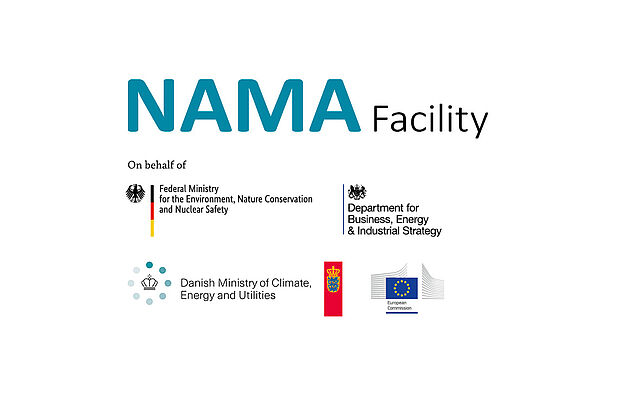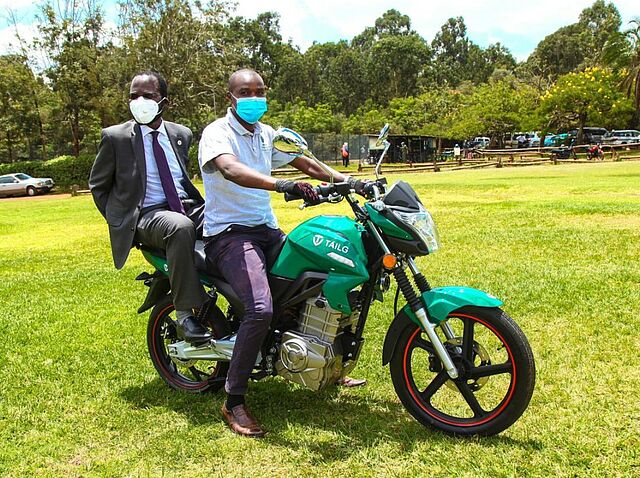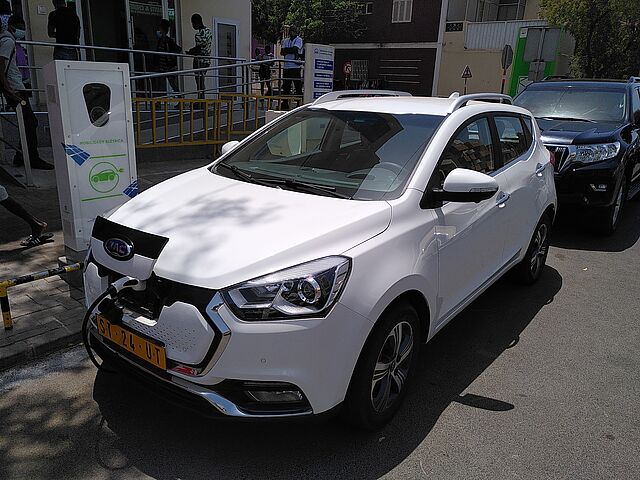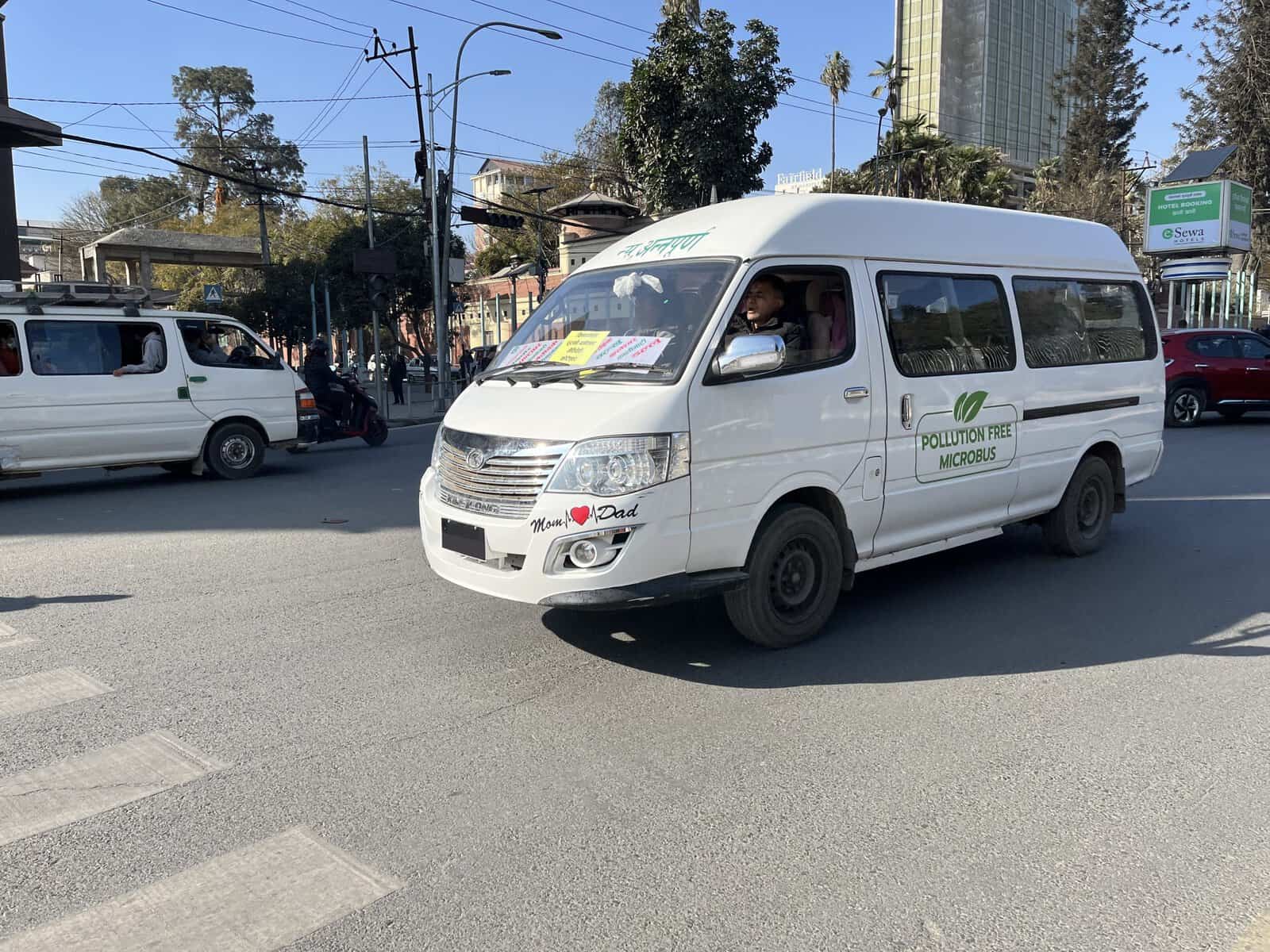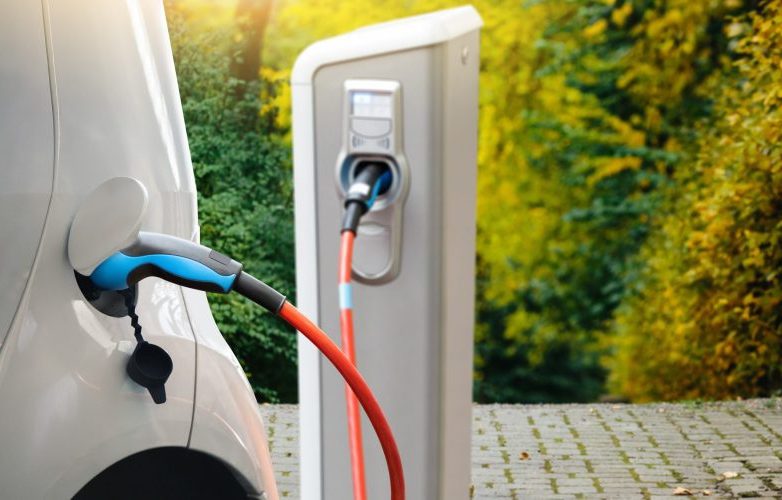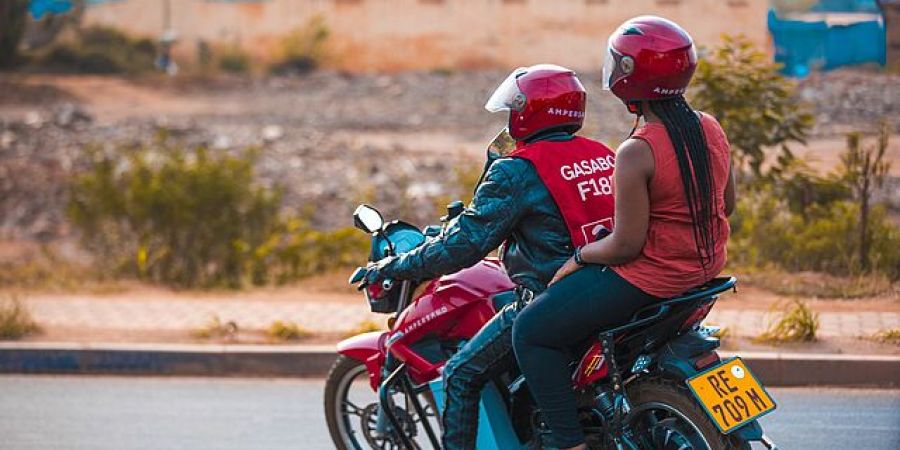
Background
Traditional motorcycle taxis (‘moto-taxis’) in East Africa are an important and rapidly growing form of affordable transport populations. This is no different in Kigali and Rwanda at large, where motos are the dominant form of transport making up 50% of the total vehicle fleet, with the number of licensed moto-taxis increasing at a higher rate than other forms of transportation. The popularity of moto-taxis is largely due to the limited availability of mass public transport, their low cost, and ability to provide point-to-point connectivity reliably over all road types. Although numbers vary, estimates suggest that there are as many as 110,000 motos in Rwanda of which 70,000 are moto-taxis. Currently, around 30,000 motos are thought to be operating in Kigali with around 25,000 registered for commercial use. As the vast majority of these vehicles are internal combustion engine motos (ICE-motos), and with Kigali’s population growth averaging more than 3.2% annually in recent years, the expected growth in the ICE-moto market poses significant environmental, economic, and social issues.
Approach to Transformational Change
The project “Accelerating the deployment of e-motos in Rwanda” aims for large-scale adoption of e-motos, reducing GHG emissions while also delivering development co-benefits. It seeks to activate the e-moto market by increasing the supply of e-motos and charging stations and cultivating e-moto demand and access to finance. The E-Moto Credit Enhancement Facility provides first-loss funding to banks, and the E-Moto Rebate Scheme provides selected low-income (and female) operators with subsidies to lower e-moto down payments. The E-Moto Partnership Group will facilitate public-private sector coordination and engage development partners for additional funding and risk mitigation support. Other key outputs are improvement of waste management; increased female participation as operators, riders, and employees; and advancement of policies, standards, and national replication.
The project will be led by two primary implementation organizations, Rwanda Green Fund, which will host the E-Moto Technical Hub and the E-Moto Rebate Scheme, and the Development Bank of Rwanda (BRD) which will host the E-Moto Credit Enhancement Facility and the E-Moto Partnership Group. These institutions plan to adopt new financial approaches and consultation mechanisms through this program advancing the green economy. Moreover, ICLEI – Local Governments for Sustainability – Africa and the Global Clearinghouse for Development Finance (GlobalDF) are expected to participate in this project as technical and financial advisors, respectively.
Mitigation Potential:
In terms of GHG emission reduction, direct target by the end of the project duration is 620,706 tCO2e and the indirect one is 46,089 tCO2e.

